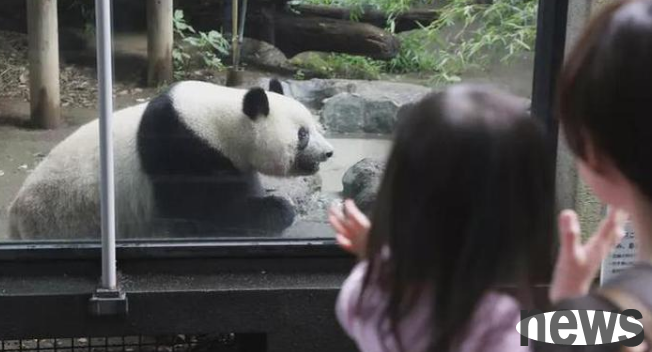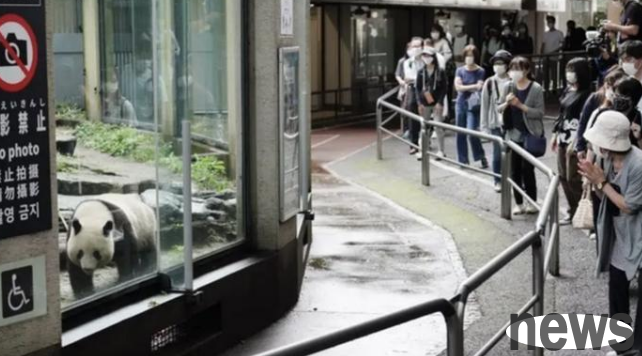According to Kyodo News Agency’s report on November 18, the Tokyo Metropolitan Government announced on the same day that due to the epidemic, the return time of the female giant panda "Xiang Xiang" born in Ueno Zoo to China has been postponed from the original scheduled December 31 this year to mid-February to early March next year. This is the fifth time that the return of "Xiangxiang" to China has been postponed.

"Xiang Xiang" was born in June 2017 and just turned 4 years old in June this year. Her parents are "Bili" and "Xiannv", giant pandas from China living in Japan. "Xiangxiang" has always been a "little star" at Ueno Zoo and is widely loved by the Japanese people. According to the agreement between the Tokyo Metropolitan Government and the China Wildlife Conservation Association, "Xiangxiang" is owned by China. It was originally scheduled to be returned to China at the end of December 2020. However, due to the epidemic and other factors, the return date was postponed twice. It was previously scheduled to be returned on December 31.
The Japanese have delayed the return of Xiangxiang five times. Is it because they are too deeply sentimental and reluctant to part with it?
There is no doubt about the Japanese people’s feelings for our country’s giant pandas. They really like giant pandas.
Japanese zoos once had to do a lottery online in advance because there were so many people wanting to see giant pandas. It is reported that the winning rate of the lottery is 50%. The cartoon "Chibi Maruko-chan" uses Maruko-chan to express the Japanese's love for giant pandas - "It is very embarrassing for people who have never seen a giant panda in their life."

When Xiangxiang was opened to the public, tourists lined up for several kilometers. The park also launched peripheral exhibits and products related to Xiangxiang, such as collecting Xiangxiang’s feces of different sizes from birth to six months old for display together. The zoo’s shop also sells fragrant “poop” cakes, which are actually matcha cakes in the shape of giant panda excrement.
According to estimates by Katsuhiro Miyamoto, emeritus professor of theoretical economics at Kansai University, the economic benefits generated by Xiangxiang are approximately 26.747 billion yen, equivalent to 1.3 billion yuan;
At the same time, the professor also estimated the economic benefits of giant panda twins (dragon and phoenix) born in 2021 at Ueno Zoo in Tokyo, Japan, based on Xiangxiang's economic benefits.

These twin giant pandas are Xiangxiang’s younger siblings, and their estimated economic benefits exceed those of their elder sisters, reaching 30 billion yen, which is approximately equivalent to 1.8 billion yuan. This is calculated under the circumstances of the epidemic and the restrictions on zoos. It can be seen how strong the Japanese people’s spending power is to see giant pandas.
For the Japanese people, they are really reluctant to return to China from the bottom of their hearts. As for the Tokyo Metropolitan Government, perhaps they are reluctant to part with it because Xiangxiang is a "money tree." After all, for the Tokyo Metropolitan Government, if Xiangxiang is returned once, it can create more ticket revenue.